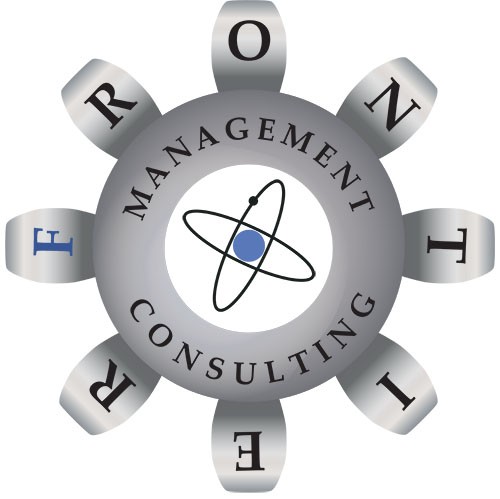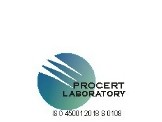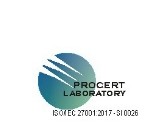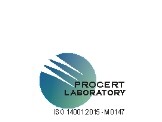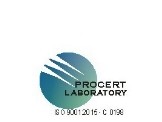BIOVOICES-Connecting bio-based forces for a Sustainable World
Project acronim: BIOVOICES
The bioeconomy is Europe's response to the key environmental, societal and economical challenges the world is facing today. The bioeconomy is focused on reducing the dependency on limited natural resources, ensuring healthy and secure food production, promoting sustainable production of renewable resources from land, fisheries and aquaculture and their conversion into bio-based products and bio-energy, whilst growing new jobs and industries.
In brief, bioeconomy is all about the three P’s: People, Planet and Profit.
However, bio-based products and services can only become economically viable when they deliver new functions and guarantee a sustainable performance accepted by society. Studies show that many new products are still in development and traditional products do not market themselves as bio-based. This must change; which requires the involvement of society in the development of the bioeconomy.
The bioeconomy depends on the active collaboration of a broad range of stakeholders, including industry players, public authorities, researchers and the civil society.
This is where the BIOVOICES project comes in by ensuring the engagement of all these relevant stakeholder groups through a platform that will involve a plurality of voices with different perspectives, knowledge, and experiences whilst also animating open dialogue, co-creation and mutual learning between them.
Activities carried out in BIOVoices:
The BIOVoices project will be carried out by a consortium consisting of 13 partners from 10 EU Member States (from the Baltic to the Mediterranean and from the Iberian Peninsula to the Central and Eastern European countries).
Project activities are organized into a set of work packages (7) to be achieved in a deployment period of 36 months.
BIOVoices will create an online platform for Mobilization and Mutual Learning in the field of bio products aimed at promoting multi-stakeholder dialogue in the context of research, innovation, development, and policy context in a product-based economy bio.
In order to raise public awareness of the social, economic and environmental benefits and potential, and broaden BBP diffusion, various strategies will be developed to address the general public (including a knowledge platform, events, social media campaigns, information workshops and multiplication).
In addition, the project will contribute to supporting the development of responsible policy responses to increasing quality, relevance, social acceptability and sustainability of research and innovation in the bio-based field by developing policy-oriented policy materials for stakeholders.
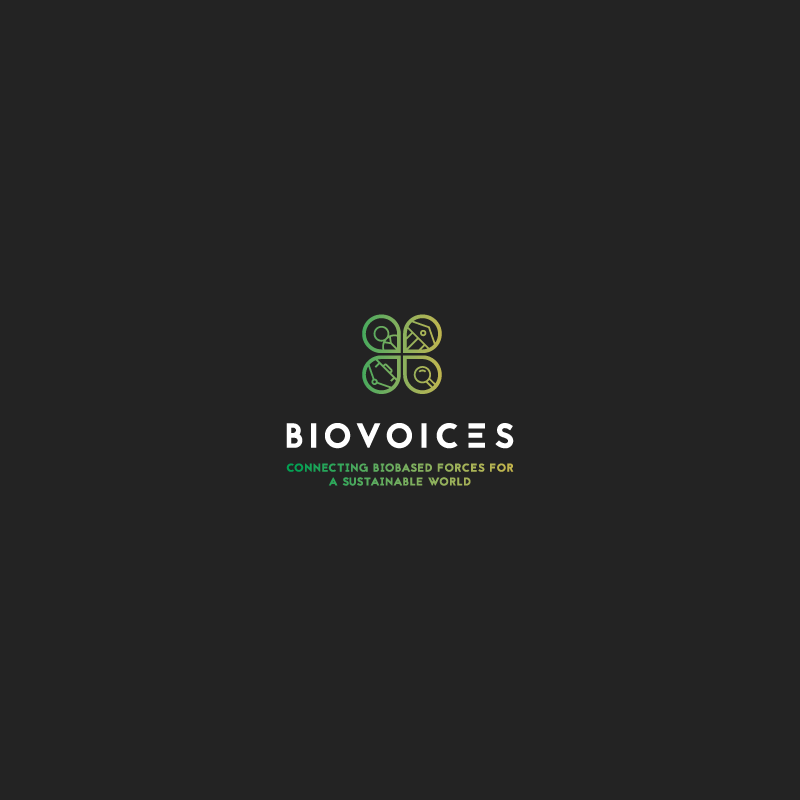
 English
English
 Romanian
Romanian
